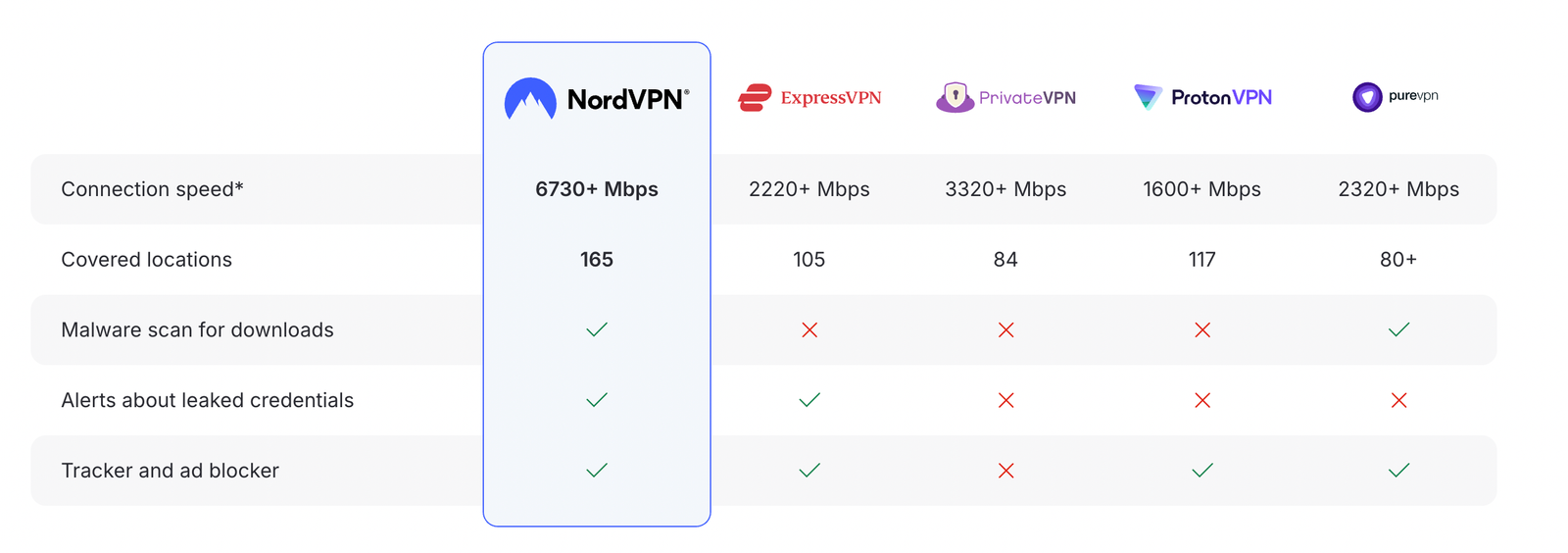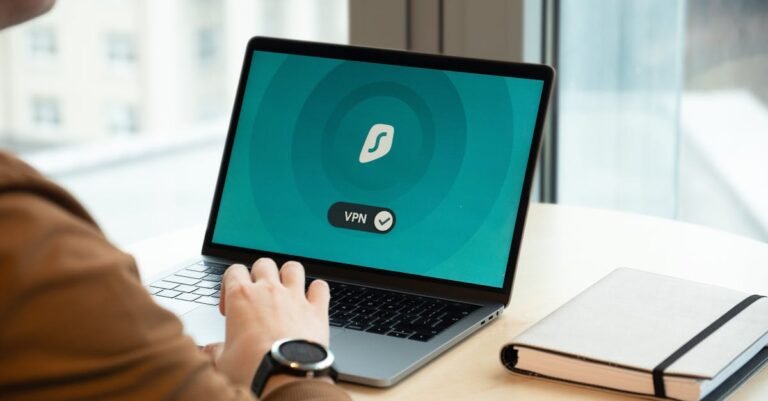In the digital age, DDoS attacks pose a significant threat to online security. These attacks overwhelm servers with traffic from unsecured connections, leading to downtime and data breaches. Unsecured networks, like public Wi-Fi, make it easier for cybercriminals to exploit vulnerabilities. This post explores effective defenses against such attacks, helping you safeguard your online activities. Understanding these strategies is crucial for anyone using the internet daily.
DDoS attacks can disrupt services and compromise data.

Understanding DDoS Attacks
DDoS attacks involve flooding a target with traffic from multiple sources. They often stem from unsecured connections that hackers control. For instance, botnets on vulnerable devices amplify the assault. Moreover, these attacks can target individuals or businesses, causing financial losses. Recognizing the signs, such as slow website performance, is the first step in defense. Therefore, knowing how unsecured IoT devices contribute to these threats helps in early detection. Experts recommend monitoring network traffic to identify anomalies. This approach not only protects personal data but also ensures business continuity. In summary, awareness of DDoS mechanisms is essential for effective protection.
Understanding the risks of unsecured connections is key.

Securing Your Connections
Securing connections starts with using encrypted networks and firewalls. This prevents attackers from exploiting weak points in unsecured links. For example, enabling VPNs masks your IP address and routes traffic securely. Additionally, updating software regularly patches vulnerabilities that DDoS perpetrators target. However, many users overlook the importance of strong passwords on connected devices. This oversight can lead to easy infiltration by hackers. Therefore, implementing multi-factor authentication adds another layer of security. Overall, these measures reduce the risk of attacks from public or poorly protected networks. By prioritizing secure connections, you maintain control over your online presence.
Effective defenses require proactive steps.

Best Practices for Defense
Best practices include deploying DDoS mitigation tools and services. These block malicious traffic before it reaches your systems. For instance, content delivery networks distribute loads to handle surges effectively. Moreover, regular security audits identify and fix unsecured connections in your setup. This practice helps in maintaining a robust defense posture. However, combining these with intrusion detection systems provides comprehensive protection. Experts advise educating users about phishing risks that often precede attacks. Therefore, staying informed through reliable resources enhances your strategy. In essence, a multi-layered approach ensures resilience against evolving threats.
NordVPN stands out for defending against DDoS attacks via its robust encryption and secure servers. It masks your IP and protects unsecured connections effectively. This makes it a top choice for everyday users seeking reliable security. Choose NordVPN today to safeguard your online world and enjoy peace of mind. Sign up now for enhanced protection and start browsing securely—don’t wait for an attack to act!
How NordVPN compares to other top VPNs


Disclosure: We earn a commission at no extra cost to you if you make a purchase through links here. This helps support us in creating more content for you. Thank you for your support!







